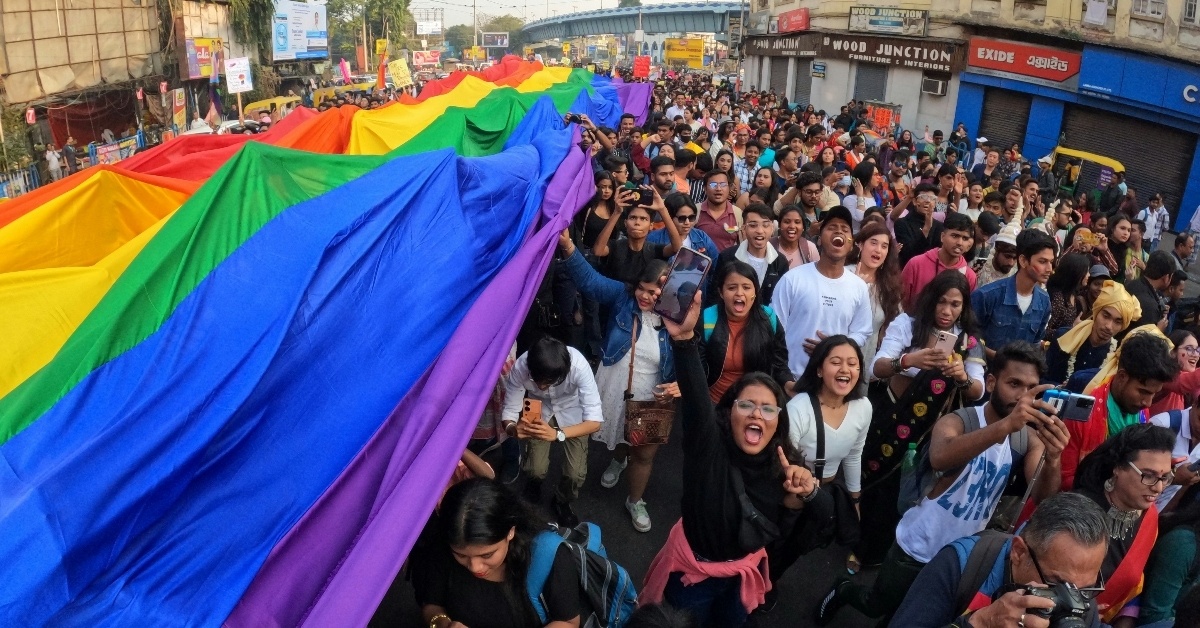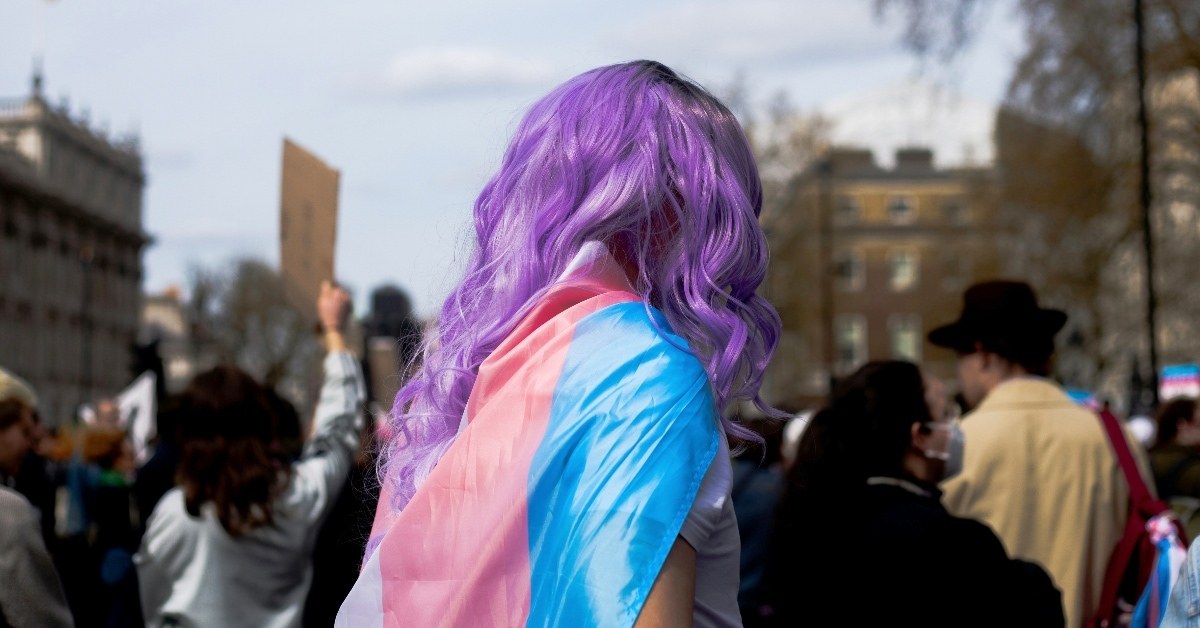BY: DM
Published 7 months ago

The Andhra Pradesh High Court just reminded the world that trans women are women. The case stemmed from a 2022 petition by Viswanathan Krishnamurthy and his parents, who sought to quash a dowry-harassment complaint filed by Pokala Sabhana, a transgender woman. Sabhana married Krishnamurthy at a 2019 Arya Samaj ceremony in Hyderabad.
She later alleged that her husband and in-laws demanded cash and jewelry as dowry. She also claimed they subjected her to cruelty, which prompted her to file charges under Section 498A of the Penal Code. The defendants then moved to dismiss the case, arguing that Sabhana, as a trans woman, did not qualify as a “woman” entitled to invoke Section 498A.
They argued — following a recent Supreme Court same-sex marriage case — that because she cannot bear children, she falls outside the legal definition of wife. However, the Andhra Pradesh High Court disagreed and delivered its own ruling.
The Indian court says trans women are women.

The Andhra Pradesh High Court firmly rejected the claim that Sabhana wasn’t a woman. The judges ruled that gender identity isn’t defined by reproductive ability. They affirmed that a trans woman “born male and later transitioning to female, is legally entitled to recognition as a woman,” according to The Washington Blade. The court also cited a 2019 Madras High Court decision, which confirmed that the term “bride” under Hindu law includes transgender women. Essentially, the court declared that Sabhana has the right to pursue her dowry complaint, just like any cisgender wife.
“To deny a trans woman the status of a ‘woman’ for the purpose of legal protection under Section 498-A IPC solely on the ground of her reproductive capacity is to perpetuate discrimination and to violate Articles 14, 15, and 21 of the Constitution, the High Court firmly stated,” the court ruled via CourtBook.
The court upheld Sabhana’s right to be heard and examined the core of her allegations. It found that beyond the gender question, her 498A complaint lacked solid evidence. The judges called the cruelty and dowry claims “bald and omnibus,” noting they lacked specific proof. With no prima facie case, the court quashed the 498A proceeding, citing abuse of process. Sabhana’s dowry case was dismissed due to insufficient evidence, not because of her gender.
LGBTQIA+ Indians do not always feel supported by their government.

India’s relationship with its LGBTQIA+ residents remains rocky. Still, activists and advocacy groups quickly embraced the verdict as a major step forward. “This ruling marks a significant moment of progress, sending a clear message that our legal frameworks are evolving to be more inclusive and reflective of the diverse realities of our society,” trans activist Kalki Subramaniam told The Washington Blade.
The Andhra verdict drops against a complex legal and social backdrop. India’s top court and parliament have made some strides. In 2014, the Supreme Court granted trans people “third gender” status, NPR reports. And in 2019, Parliament passed the Transgender Persons Act to protect their rights. However, advocates say the reality still falls short of the law’s promises.
Do you think public attitudes in India will shift in response to this court decision? Comment below!










